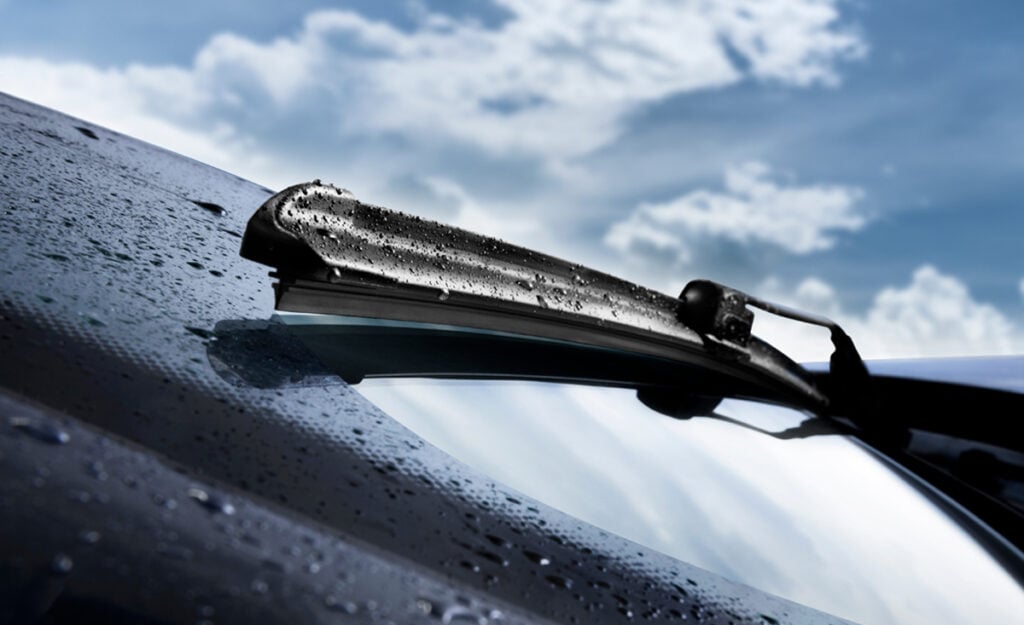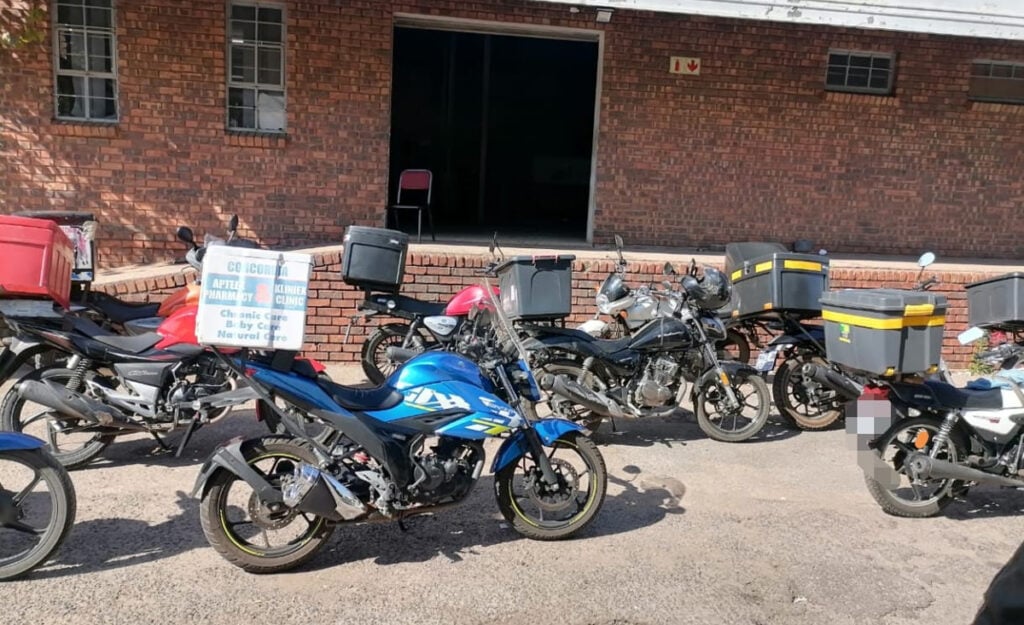
The Department of Mineral and Petroleum Resources (DMPR) lacks the funding to employ enough inspectors who can ensure compliance in the country’s fuel and mining sectors.
This was revealed by Minister of Mineral and Petroleum Resources Gwede Mantashe in his response to a written parliamentary Q&A.
Mantashe said that, in the last few years, his department had to fund annual salary increases out of its existing budget without additional allocation from the fiscus.
“This arrangement has meant that the Department prioritises filling of vacant posts depending on available budget and cannot therefore fill some vacant posts,” said Mantashe.
Inspector positions are amongst the most critical for the DMPR and is prioritised whenever possible.
However, Mantashe said there is no way of increasing the number of inspectors without additional budget allocations.
Inspectors are vital to enforcing compliance at fuel stations across South Africa.
Their responsibilities include licensing verification, fuel quality assurance, pricing regulation enforcement, and promoting sectoral transformation.
Dirty diesel debacle
The selling of contaminated diesel recently grabbed headlines in South Africa once again when authorities revealed that they are still finding dozens of smaller filling stops around the country who are engaging in the illegal practice.
Many unscrupulous fuel sellers have been caught mixing diesel with illuminating paraffin (IP) which is subject to lower taxes and levies.
This allows them to sell the same volume of “diesel” without paying as much duties, which in turn increases profits.
The Fuels Industry Association of South Africa (Fiasa) notes that IP is around R6 per litre cheaper than diesel.
This margin is just big enough to make it worthwhile for smaller stations to take the risk during the tough economic times of the past few years.
The DMPR in partnership with the South African Revenue Services (SARS) said it would conduct more probes into service stations around the country to detect perpetrators and bring them to justice.
Following the last investigation, the most high-risk provinces identified included Limpopo, North West, and KwaZulu-Natal.
That said, evidence of diesel adulteration was found in all nine provinces.
“The random testing will be carried out through collaboration/partnerships with government entities that share the same mandate to enforce fuel quality compliance,” said Mantashe.
“The Department is increasing its collaboration with the South African Revenue Services and is exploring cooperation with the National Consumer Commission to further punish offenders and protect consumers.”
The probes entail the testing for a special “marker” in diesel specimens.
IP is infused with a distinctive chemical marker that identifies it as illuminating paraffin, and it is this marker that is generally looked for to determine whether the fuel has been tampered with.
Thus far, the DMPR and SARS had one major success in identifying a fuel dealer with links to adulterated diesel distribution.
In October 2024, SARS discovered suspicious equipment at two fuel depots owned by a top fuel distributor in South Africa – one in Meyerton, Gauteng, and another in Louis Trichardt, Limpopo.
At the Meyerton site, the taxman reportedly found a lab with testing devices that are generally employed to detect the chemical marker in IP.
This raised concerns that the facility could be washing out the marker to obfuscate any blending that has taken place, and it is using these devices to ensure that its fuels look clean.
Subsequent samples from the Meyerton facility taken by SARS tested positive for the adulteration of diesel.
In light of this, SARS investigated the owner of the depots for violations of the Customs and Excise Act relating to the illicit trading, transport, and mixing and blending of fuel products.

Fiasa has put forth a suggestion it believes could stop the selling of dirty fuels, which includes raising taxes on IP to match that of diesel.
“By applying the full duties and levies applicable to diesel we believe this measure will eliminate the economic incentive for unscrupulous operators to continue this practice,” said Fiasa.
“This approach has the potential to bring the illegal adulteration of diesel to a halt.”
The proposal also includes provisions to mitigate the impact on indigent households who rely on paraffin for heating and cooking by recycling the revenue from this taxation back to these households through the South African Social Security Agency grant system.
This will ensure that the most vulnerable members of the population are not adversely affected by the increased cost of paraffin.
“We are urging the Minister of Finance to seriously consider our proposal. Implementing this taxation policy has the potential to recover billions of rands for the fiscus, funds that are currently being lost due to the illegal blending of IP into diesel. This recovered revenue can be used to support essential public services and infrastructure projects,” said Fiasa.
“The Association believes that this approach will not only curb the illegal adulteration of diesel but also ensure that the state recovers the duties and levies rightly due. It is a practical and effective solution that addresses both the economic and social dimensions of this issue.”








